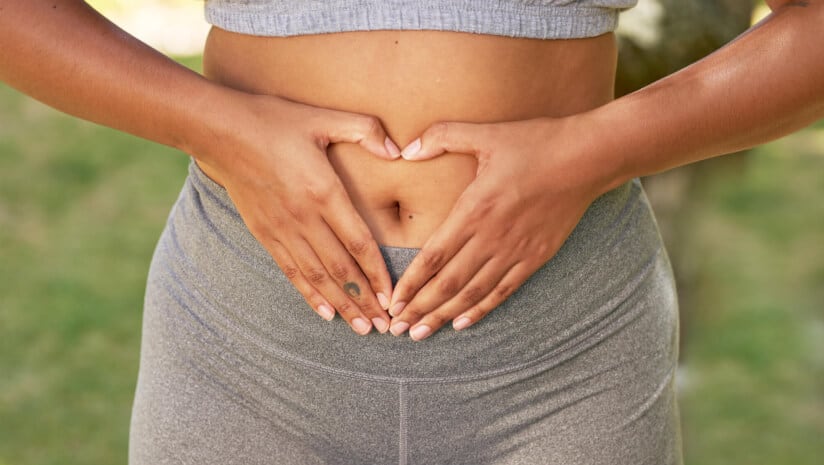Verb’s Lactiplantibacillus plantarum LP815, is known to produce GABA (Gamma-aminobutyric acid), a naturally occurring (non-proteinogenic) amino acid and key inhibitory neurotransmitter found in human cells. New data published in Beneficial Microbes indicated that six weeks of supplementation with five billion CFUs per day also improved sleep.
“The GABA producing probiotic LP815 may offer a natural option for anxiety reduction, and in particular irritability associated with anxiety, in people with mild to moderate anxiety,” wrote scientists from Los Angeles-based People Science and Boston-based Verb Biotics.
Todd Beckman, CEO of Verb Biotics, said the trial is a “major step forward in understanding how GABA-producing probiotics can influence mood and mental well-being through the gut-brain axis.
“Partnering with People Science allowed us to deliver a high-quality, real-world clinical study and further validate the potential of LP815 as a safe, effective solution for supporting mental well-being.”
Microbiota-gut-brain axis
The study adds to the ever-growing body of science supporting the role of the microbiota-gut-brain axis for cognitive function. This axis is a bidirectional interaction between the GI tract and the nervous system and implicates the ability of specific strains to produce key neurotransmitters like GABA, serotonin and dopamine.
GABA is a naturally occurring (non-proteinogenic) amino acid and key inhibitory neurotransmitter found in human cells. GABA can be found in a range of foods, with certain fermented foods particularly popular in East Asia like kimchi having especially high concentrations.
“We’ve long understood the vital role GABA plays within the central nervous system, but now we’re seeing how targeted microbial interventions can drive measurable changes in mental health outcomes,” said Noah Zimmerman, PhD, chief scientific officer at Verb Biotics, in a press release. “This study is a key demonstration of how gut-brain axis solutions can be thoughtfully designed and clinically proven to improve quality of life.”
Study details
The six-week study evaluated the effects of LP815 compared to placebo on anxiety, mood, sleep and quality of life. The trial included a diverse sample population of 83 people, with 63% women. The average age was 39. Participants were randomly assigned to receive low-dose GABA LP815 (1 billion CFU/day), high dose GABA LP815 (5 billion CFU/day) or matching placebo for six weeks.
Results showed that participants who received the higher dose experienced a clinically meaningful reduction in anxiety, with 68% improving by more than one category on the GAD-7 (General Anxiety Disorder-7) anxiety scale by week six, compared to 37% in the low dose group and 26% in the placebo group.
“Interestingly, the impact of the probiotic was most notable in reducing the feeling of irritability and annoyance,” the researchers wrote. “These results suggest that utilization of LP815 may benefit other populations experiencing irritability, such as those dealing with chronic pain, premenstrual dysphoric disorder and fatigue.”
There was also a trend towards improvements in insomnia scores in the high dose group, the researchers reported, although this did not reach statistical significance. Verb stated that it is preparing to launch a new clinical study focused specifically on how LP815 may impact sleep quality to further expand scientific understanding of this strain’s benefits for overall mental well-being.
Gut-brain axis
Consumer awareness of the axis is growing, with a 2021 survey by FMCG Gurus revealing that 45% of consumers associate probiotics with cognitive health.
Additional market data from Future Market Insights indicates that the market for probiotic supplements supporting mental health and wellness (“psychobiotics”) is predicted to grow by 44% over the next 10 years, from $140 million in 2023 to $202 million in 2033.
Source: Beneficial Microbes, doi: 10.1163/18762891-bja00073. “Lactiplantibacillus plantarum Lp815 decreases anxiety in people with mild to moderate anxiety: a direct-to-consumer, randomised, double-blind, placebo-controlled study”. Authors: A.D. Grant et al.




